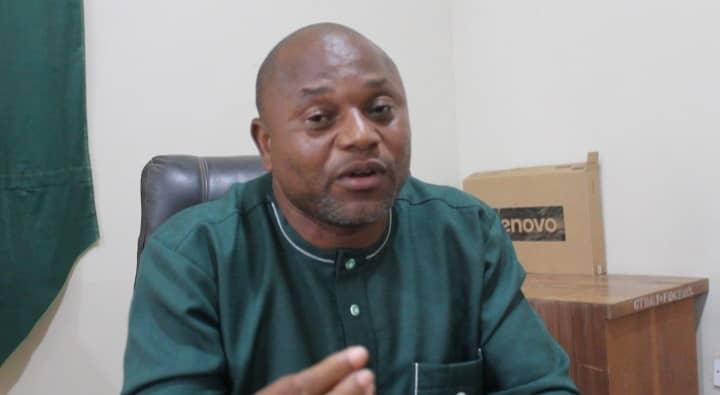The District Chief Executive (DCE) for Garu, John Abugba Abaare, has expressed grave concerns regarding potential financial improprieties within the Gulf of Guinea Northern Regions Social Cohesion (SOCO) project under the previous administration. His concerns stem from significant cost discrepancies discovered upon assuming office. In a revealing interview with Metro TV, DCE Abaare highlighted the exorbitant costs associated with certain project elements, citing the purported construction of a single hand-pump borehole for GH¢56,000 and the alleged procurement of summer hats for youth activities at a cost of GH¢43,000. These inflated figures have raised serious questions about the financial management and transparency of the project under its previous leadership, casting a shadow over the intended benefits for the communities it serves.
The SOCO project, funded by the World Bank, aims to address poverty and promote development in underserved communities across six northern regions of Ghana, encompassing 48 Metropolitan, Municipal, and District Assemblies (MMDAs). It represents a crucial component of a broader regional initiative designed to mitigate the impact of insecurity and underdevelopment in countries bordering the Gulf of Guinea. The project focuses on strengthening social cohesion and economic resilience, providing vital support to vulnerable districts. DCE Abaare’s revelations, however, threaten to undermine the project’s credibility and efficacy if the alleged financial irregularities are not thoroughly investigated and addressed.
Despite the serious allegations, DCE Abaare emphasized the critical importance of the SOCO project for the continued development of Garu and other remote districts. He underscored the project’s potential to transform communities and improve the lives of residents, urging the public to remain committed to its success. He appealed to community members to prioritize the collective good over individual interests, stressing that widespread public support is essential for the project to achieve its objectives and deliver the intended benefits to the target populations.
The DCE’s appeal for community support highlights the delicate balance between addressing the alleged financial mismanagement and ensuring the project’s continued operation. The revelations of potential misappropriation of funds could erode public trust and discourage community engagement, jeopardizing the project’s long-term success. Therefore, it is crucial to address these concerns transparently and decisively to restore public confidence and ensure that the project remains a viable tool for development.
DCE Abaare suggested the necessity of a comprehensive audit to thoroughly investigate the reported irregularities and restore faith in the project’s management. Such an audit would not only uncover the extent of any financial improprieties but also provide valuable insights into strengthening financial oversight and ensuring accountability in future project implementations. By addressing these concerns head-on, the project can reclaim its credibility and continue its important work in supporting vulnerable communities.
Moving forward, the SOCO project must prioritize transparency and accountability to regain public trust and ensure its continued effectiveness. A thorough investigation into the alleged financial irregularities, coupled with strengthened financial oversight mechanisms, will be crucial for demonstrating a commitment to responsible management and maximizing the project’s impact on the communities it serves. Furthermore, ongoing communication with community members and stakeholders will be essential for maintaining open dialogue and fostering a sense of shared ownership in the project’s success. By upholding these principles, the SOCO project can overcome this challenge and continue its vital role in promoting development and social cohesion in Ghana’s northern regions.


